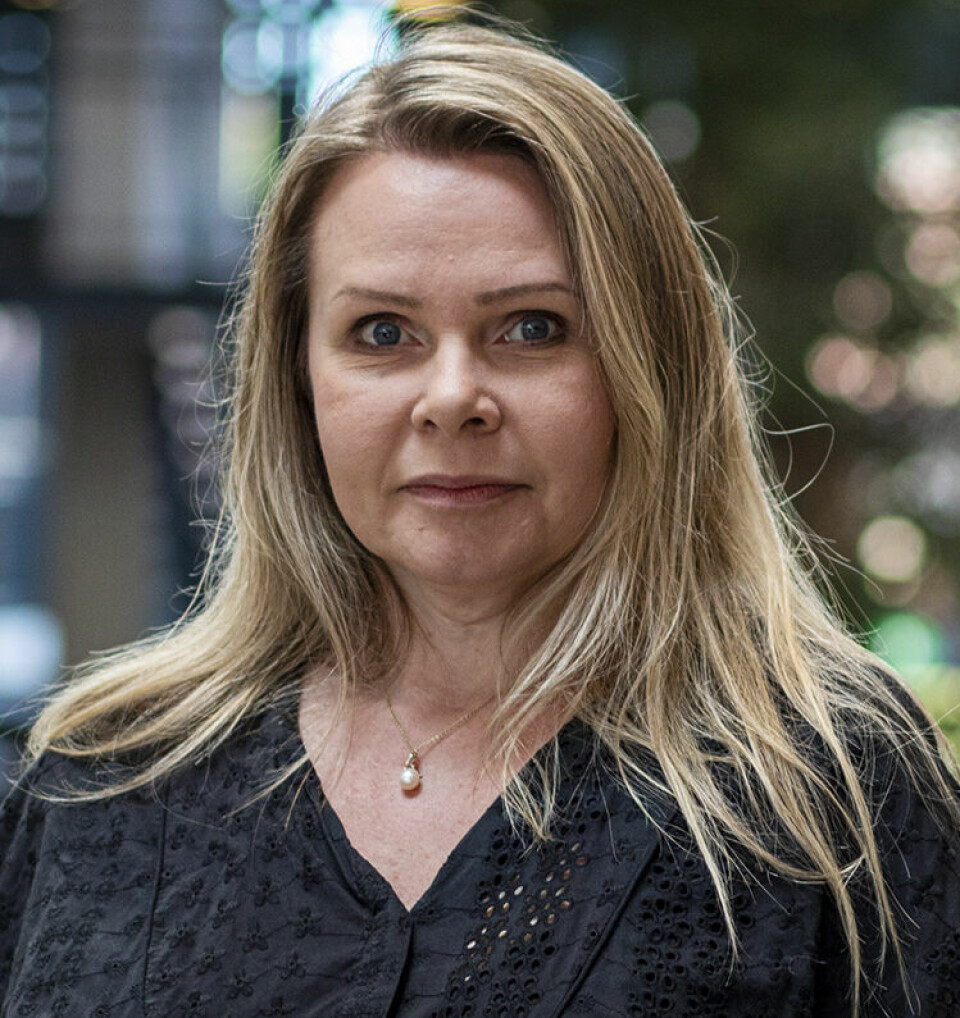THIS CONTENT IS BROUGHT TO YOU BY THE University of Agder - read more

Study reveals gaps in how children experience being heard in Norwegian child welfare services
“The UN Committee on the Rights of the Child says that we must listen to children to be able to determine what is in their best interest. The Norwegian child welfare system is currently not doing this well enough," researcher says.
Monica Strømland has researched how children have experienced being heard in the Norwegian child welfare system.
The child welfare servies have an overarching principle that measures taken should be in the best interest of the child. This is tied to the child's right to be heard.
Strømland's research reveals that child welfare services struggle to listen to the children. She discovered that there are no guidelines for conversations with children that ensure their voices are heard.
“Norway has been convicted several times in the European Court of Human Rights in child welfare cases. Many of the cases are due to poor documentation, so it’s strange that they haven’t developed guidelines for ensuring that children are heard. They must be able to document this,” she says.
In her research, she looked at a range of different child welfare institutions. The practice varies greatly from place to place in Norway.
No clear instructions
“Today, it's largely up to each social worker's discretion whether children and young people are heard. The guidelines of the UN Committee on the Rights of the Child are not being followed. Children's social workers don't have any clear instructions on what to consider when talking to children,” says Strømland.

She emphasises that she has great confidence that most social workers exercise discretion in a good way. But without clear guidelines and documentation, the child welfare services are doing themselves a disservice.
“This undermines the rule of law and the principle of equal treatment. Parents don’t know what's being considered, and practices between offices differ. This is not in the best interests of the children,” says Strømland.
Capability approach
Strømland has examined how the child welfare system can change how children are heard. She uses the term 'capability approach.' These are conditions that a human being must have actual access to and control over in order to live a good and dignified life.
The conditions are: life, bodily health, bodily integrity, senses, imagination and thoughts, emotions, practical reason, affiliation, other species, play, and control over one's environment.
Today, there is no foundation or guidelines for when social workers speak to children. With a common understanding and foundation, the child welfare system can increase predictability for both children and employees.
Clearer guidelines would enable child welfare services to provide more equal treatment in cases. Individual social workers would receive a framework built on human rights.
“The capability approach is closely linked to human rights. With this as a foundation for ensuring the best interests of the child, the child welfare services can make better assessments and safeguard their basic human rights. There is still room for social workers to exercise discretion,” says Strømland.
Shielding children from their own history
Norway has been convicted in over 20 child welfare cases in the European Court of Human Rights from 1996 to 2024.
Strømland hopes the agency can realise that they need to change their practices. She found, among other things, that social workers shield children from relevant information about their own case, especially where the child has been subjected to severe neglect, violence, or abuse.
Sometimes this is done to avoid re-traumatising the child, but it also deprives them of the opportunity to talk about what they have experienced and what they want for the future.
“They must listen to the children. This doesn't mean that children should have the final say, but they must ensure that the child is heard. The capability approach can be helpful in this, along with the current legislation,” concludes Monica Strømland.
Reference:
Strømland, M. In your best interest : A study of how children have experienced being heard in child welfare services and how the Capability Approach could strengthen the understanding of the child’s best interests, Doctoral dissertations at University of Agder, 2024.

This content is paid for and presented by the University of Agder
This content is created by the University of Agder's communication staff, who use this platform to communicate science and share results from research with the public. The University of Agder is one of more than 80 owners of ScienceNorway.no. Read more here.
More content from the University of Agder:
-
Fear being rejected: Half pay for gender-affirming surgery themselves
-
Study: "Young people take Paracetamol and Ibuprofen for anxiety, depression, and physical pain"
-
Research paved the way for better maths courses for multicultural student teachers
-
The law protects the students. What about the teachers?
-
This researcher has helped more economics students pass their maths exams
-
There are many cases of fathers and sons both reaching elite level in football. Why is that?




































